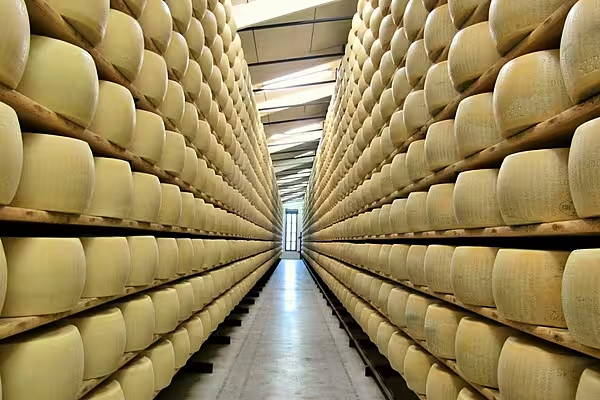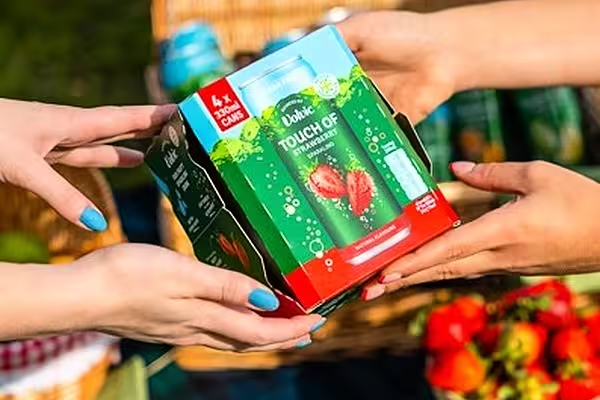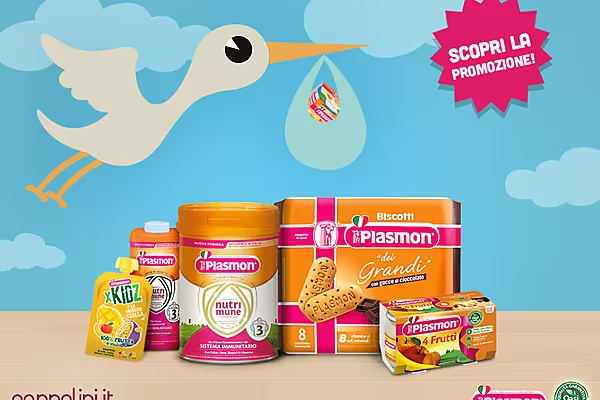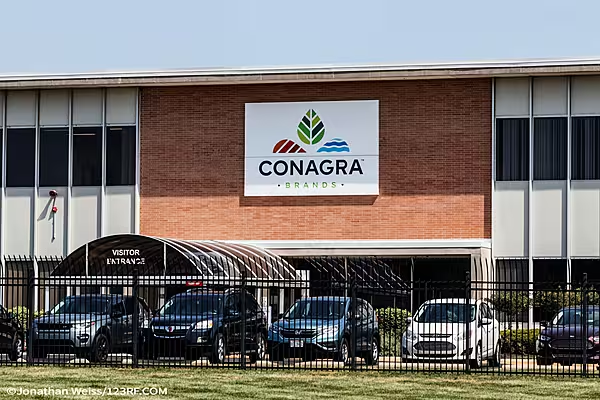Dairygold has announced financial results for 2018 with annual turnover rising by €27.4 million to a record €992.9 million.
The year’s performance was a 2.8% increase from 2017’s results, when Dairygold reported an annual turnover of €965.5 million.
The group delivered an EBITDA of €48.6 million, down 7.9% from 2017.
At year-end, the net asset value of the business was €337.9 million, up by €2 million from 2017 and net bank debt stood at €111.4 million.
Dairygold said this was in spite of the extreme weather conditions experienced earlier in the year which had a severe impact at farm level.
“The Society delivered a satisfactory financial performance, while supporting Members against a backdrop of adverse weather conditions and committed €130 million to the Phase II Post Quota Primary Processing Investment Programme,” Jim Woulfe, CEO of Dairygold, said.
Weather Conditions
Dairygold responded by supporting milk and grain prices and introducing a range of farmer supports for farmers, a company statement said.
The group also supported farm gate milk prices by in excess of €15 million above market returns, while delivering an operating profit of €28.9 million.
Dairygold’s 2,850 Milk Suppliers also expanded milk production by 2.7% during the year, despite the poor weather, to deliver a record 1.34 billion litres of milk to the Society.
“The Society is focused on its value-added strategy, the sustainability agenda which is critical to the dairy industry growth ambition and the challenges of Brexit,” Woulfe continued.
Brexit Planning
With regards to Brexit, Dairygold claimed that Ireland ‘needs a Brexit deal that is as similar as possible to the existing trade arrangements within the EU’.
The group said that even a comprehensive Free Trade Agreement will not be comparable to the current EU Single Market membership.
Going forward, the group said it wants to increase the proportion of higher margin ingredients it produces, and has a strategy to respond to market trends in life-stage nutrition.
It said that this ambition will be realised by ‘leveraging the investments made since the start of the post-quota investment phase of expansion, where a conscious decision was made to future-proof the processing capability of the facilities’.
© 2019 Checkout – your source for the latest Irish retail news. Article by Aidan O’Sullivan. Click sign-up to subscribe to Checkout.









